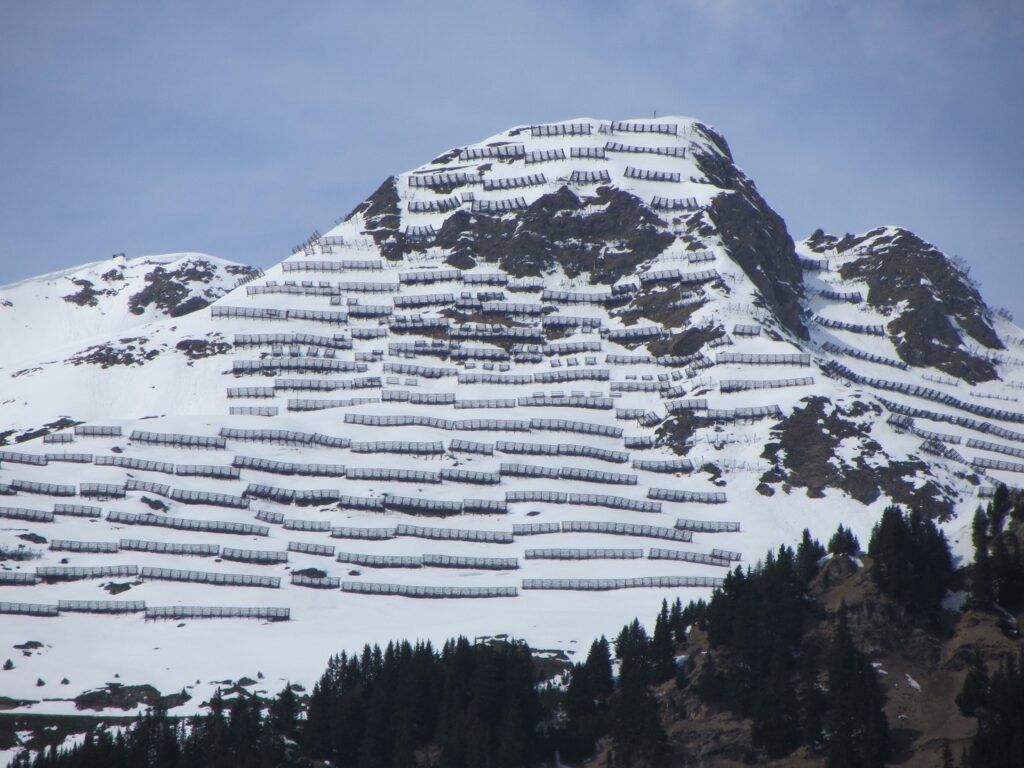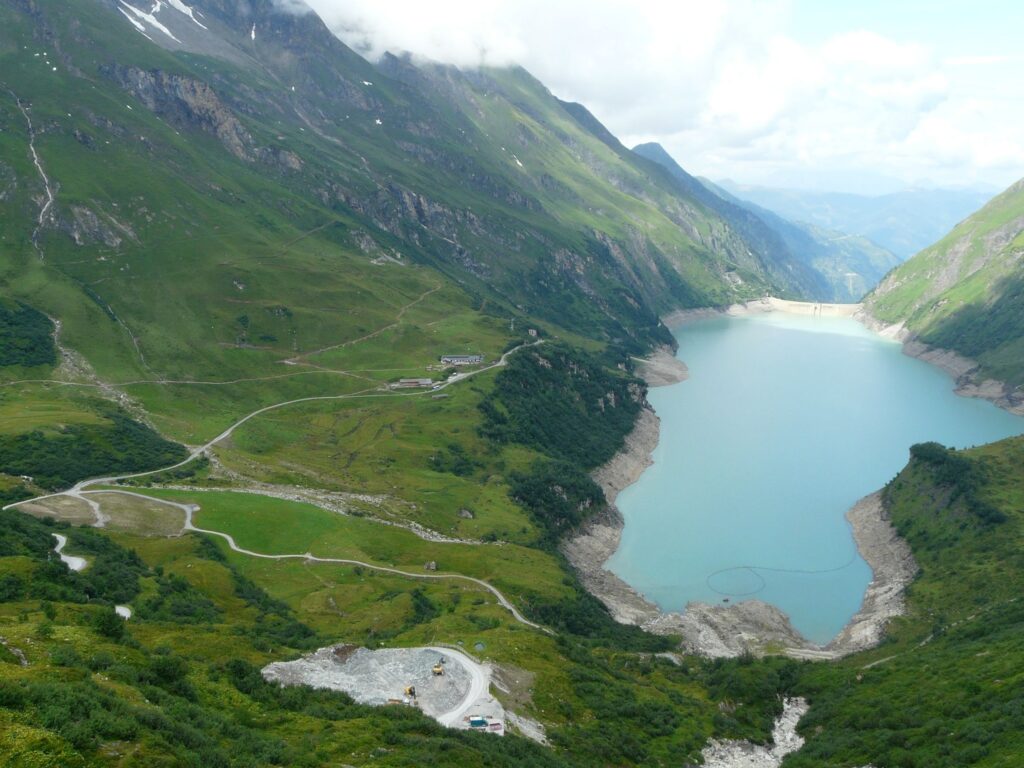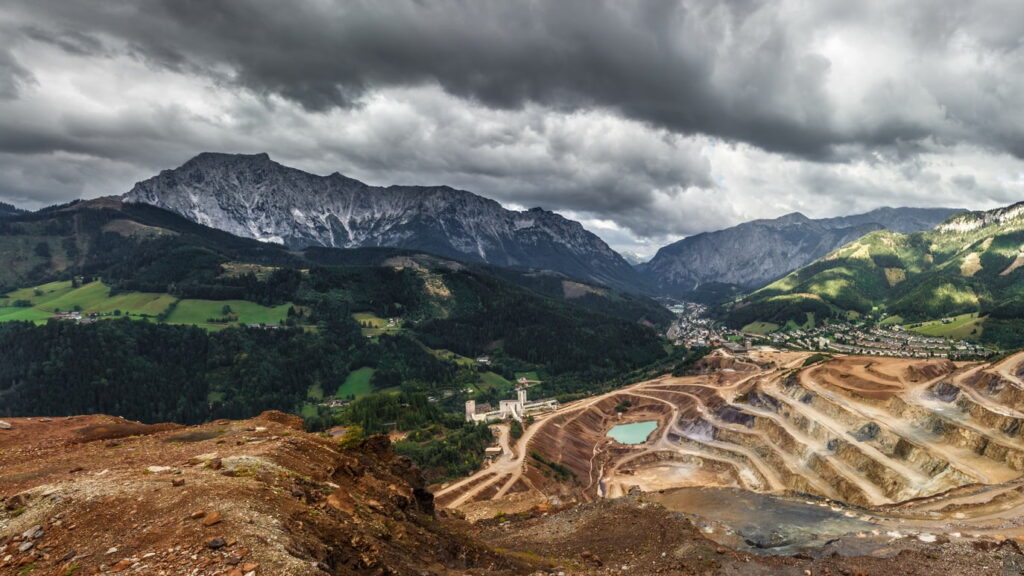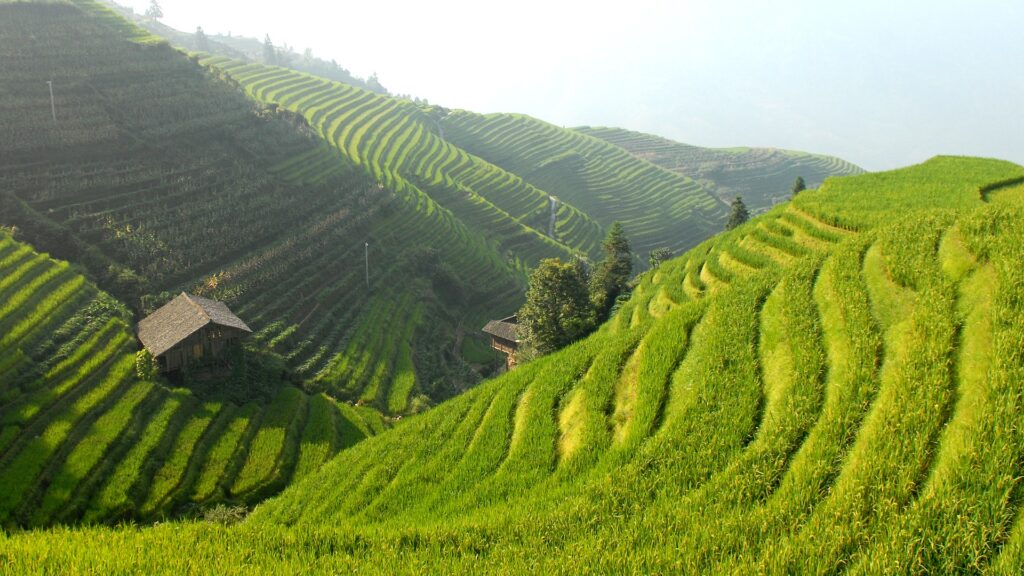Up to date, many lives and livelihoods worldwide are lost in the perpetual vicious cycle of “disaster, respond, recover and repeat”. The request during the Sendai World Conference on DRR in 2015 to change the paradigm: “From managing disasters to managing risks,” has not yet taken place completely. In mountain environments systemic & cascading disaster risk and lacking disaster risk management range among main obstacles for sustainable development and transformative resilience. Without improved DRR, prevention and ERP mountain regions will continue to face severe impacts due to climate change, growing populations and rapid urbanization. Hence, an open question is, how the Sendai Framework can be applied to the specific nature/environment of mountain regions. Main challenge is here the topic of risk governance including the missing links in mainstreaming DRR and coherent policies. This workshop follows a trans-disciplinary approach: from science to policy and practice in risk reduction planning. It aims at exchanging on state of knowledge, raise awareness on research gaps, and initiate future research activities on this topic.
2. The blue gold rush – water management and related power structures
(Clean) water as an increasingly valuable and scarce natural resource provided by uplands to the lowlands. Water management and particularly equal access to clean water as an increasingly conflictual topic with high relevance for power structures in mountains. This represents often an international dimension as many mountain regions stretch across national borders. The aim of this Workshop is to stimulate exchange among participants about the diversity and multidimensionality of challenges in water management and to advocate for multidisciplinary research and practice in water management with its local specificities in mountain regions worldwide.
4. Social innovation and community resource management
The management of natural resources plays a crucial role facing the challenges of the ongoing socio-ecological transformation of mountain communities. In mountain areas, community management of resources (e.g. use of pastures in transhumance, use of water for irrigation etc.) has a long tradition. However, the current challenges for resource use (e.g. water, minerals, space for sports and recreational use, cultural and natural heritage designations) involve new stakeholders and need to be actively addressed with new, innovative ideas.
The aim of this workshop is to discuss and compare current and innovative answers to tackle the challenges faced in mountain areas with an inter and transdisciplinary approach/perspective.
6. Mountain food regimes, global challenges and local answers
Food production in mountain areas has become increasingly under threat by global competition. However, the polarisation of the current food regime into “food from nowhere” and “food from somewhere” opens new opportunities for the production of high-quality mountain food products for local and global markets. At the same time, current crises have underpinned the need of local production of basic staple food. Furthermore, the necessary transition to a sustainable bioeconomy provides new competitive arrangements between the production of food, energy and raw materials for industrial conversion with specific implications for the resilience of mountain areas. The workshop aims to synthesize current innovative approaches to tackle these challenges.




